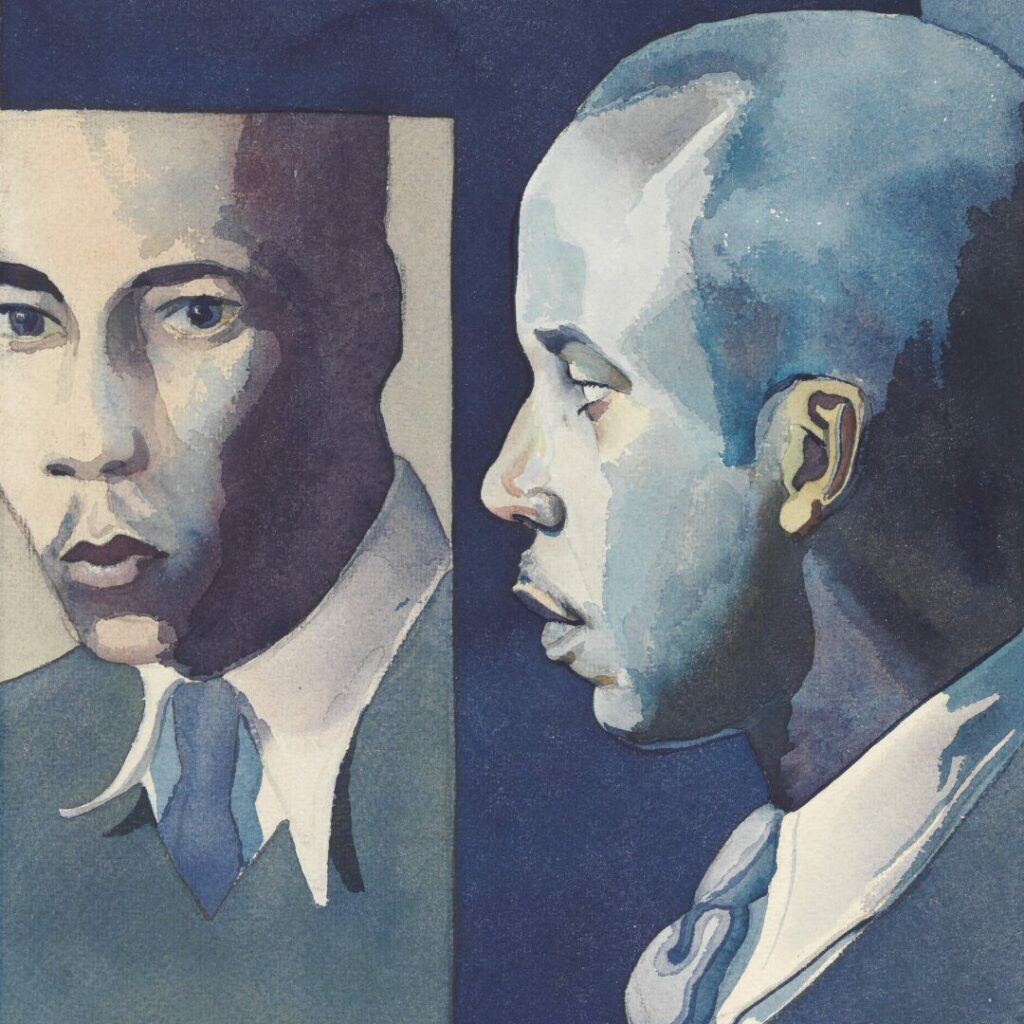A pivotal figure in the American Civil Rights Movement, Martin Luther King Jr., has significantly impacted civil rights, equality, and social justice. His enduring legacy inspires societies globally to pursue a fairer and more just world.
Early Life and Education:
King was born in Atlanta, Georgia, on January 15, 1929. He faced the harsh realities of racial discrimination early in life. These experiences sparked his commitment to social change. An excellent student, King quickly progressed through his education and, influenced by his father’s role in the black church, decided to pursue ministry at Morehouse College.
Rise as a Civil Rights Leader:
In 1955, Martin Luther King Jr. began his leadership role in the civil rights movement with the Montgomery Bus Boycott. This peaceful protest against racial segregation on public buses was a defining moment in civil rights history. King’s articulate leadership and eloquence swiftly elevated him to prominence in the movement.
Philosophy of Nonviolence:
Influenced by Mahatma Gandhi, King passionately advocated nonviolent protest as the most effective way to fight racism and injustice. He saw nonviolent resistance as a strategy for the brave, setting a distinctive tone for the civil rights movement.
“I Have a Dream”:
“I Have a Dream” speech, presented during the 1963 March on Washington, remains his most significant contribution. His vision of a society that values individuals based on character instead of skin color resonated worldwide, marking a crucial milestone in the civil rights movement.
Nobel Peace Prize and Expanding Focus:
King was awarded the Nobel Peace Prize in 1964 for his efforts to dismantle racial segregation and discrimination using nonviolent methods. Subsequently, he broadened his advocacy to include issues like poverty and the Vietnam War, showcasing his dedication to global justice.
Legacy and Impact:
- King’s assassination on April 4, 1968, profoundly impacted the civil rights movement. However, his vision of equality and justice continues to guide the ongoing fight against racism and inequality.
- The United States observes Martin Luther King Jr. Day every January to remember his lasting impact and the ongoing civil rights work.
- King’s influence spans multiple areas:
- His instrumental efforts were critical to enacting the Voting Rights Act of 1965.
- He transformed American culture towards diversity, inclusion, and equality.
- His philosophy of nonviolence has inspired global movements for social justice and freedom.
Martin Luther King Jr.’s life is a powerful testament to nonviolence and peaceful protest. His dream continues to potently inspire current and future generations striving for a just and equitable society.
King’s complete speech is available on the NPR website for you to explore.






